How to make competitors look like aliens 🛸
The 2-sentence trick that destroys any competitor
This month’s ✨ free marketing idea ✨ is sponsored by Superads.
Finally, an answer to questions like “which ad performed best this month” without spending hours pulling data or building spreadsheets.
Superads connects all your ad accounts, shows you what’s driving results and lets you share clean reports with your team. 7,000+ teams use it (including Forbes, Notion, Target).
Takes 2 minutes to connect and I found the free plan to be very generous.
Want to sponsor this newsletter? → Apply here.
Right now, someone is googling “[Your company] vs [Competitor]”.
Most companies panic and build BORING comparison pages. You know them: “We’re 30% faster... Better support... More features...”
The best companies don’t even play this game.
Here’s what they do instead:
💡 The marketing idea
Make competitors look like aliens from a different planet who solve completely different problems than you do.
Asana killed it with this line:
Asana is a work management powerhouse. Trello is a Kanban board.Two sentences. Game over.
See what they did here?
❌ They’re not saying they are “better than Trello”.
✅ They’re saying they’re playing a completely different sport.
Why compare a Swiss Army knife to a chef’s knife? Different tools = different jobs.
🏆 The billion-dollar companies already doing this
The best companies use this exact trick:
Superhuman: “If Gmail is a Prius, Superhuman is a helicopter.”
Intercom: “Customer service has evolved. Zendesk hasn’t.”
Klaviyo: “Comparing Klaviyo to Mailchimp is like comparing apples to bananas.”
ClickUp: “Notion writes down work. ClickUp helps you get it done.”
Same pattern every time: competitors get tiny boxes, you get entire galaxies.
I really liked the ClickUp example:
🧪 Build your own category-killing statement
Here’s how to create an “alien” analogy for your own comparison page:
📦 Find your competitor’s box. What’s the smallest, most limiting way to accurately describe what they do?
🌌 Create your bigger circle. Now do the opposite for your brand: What broader vision or mission can you credibly own?
💬 Make it sound obvious. Use simple language that makes customers think, “Yeah, that makes sense”.
🗣️ Say it out loud. If it sounds forced, fake, or marketing BS when you say it to someone → start over.
💎 5 positioning templates you can steal today
I’ve seen these five patterns work across dozens of websites:
🔧 Tool vs. Platform:
“[Competitor] is a tool. [Your product] is a platform.”📈 Task vs. Transformation:
“[Competitor] handles [specific task]. [Your product] transforms [entire workflow].”⏰ Past vs. Future:
“[Competitor] is how it’s always been done. [Your product] is what comes next.”🎯 Feature vs. Outcome:
“[Competitor] lets you do [feature]. [Your product] lets you achieve [bigger outcome].”👤 Doing vs. Being:
“[Competitor] helps you do [task]. [Your product] helps you become [identity].”⚖️ But it only works if it’s actually true
Don’t claim to be NASA if you’re actually just a better bicycle. Your product must actually deliver on the bigger promise.
The bottom line: Stop saying “we’re better than them”. Instead, put competitors in tiny boxes while you own entire categories. Make customers think comparing you is like comparing a spaceship to a bicycle.
See you next week ✌️
Tom



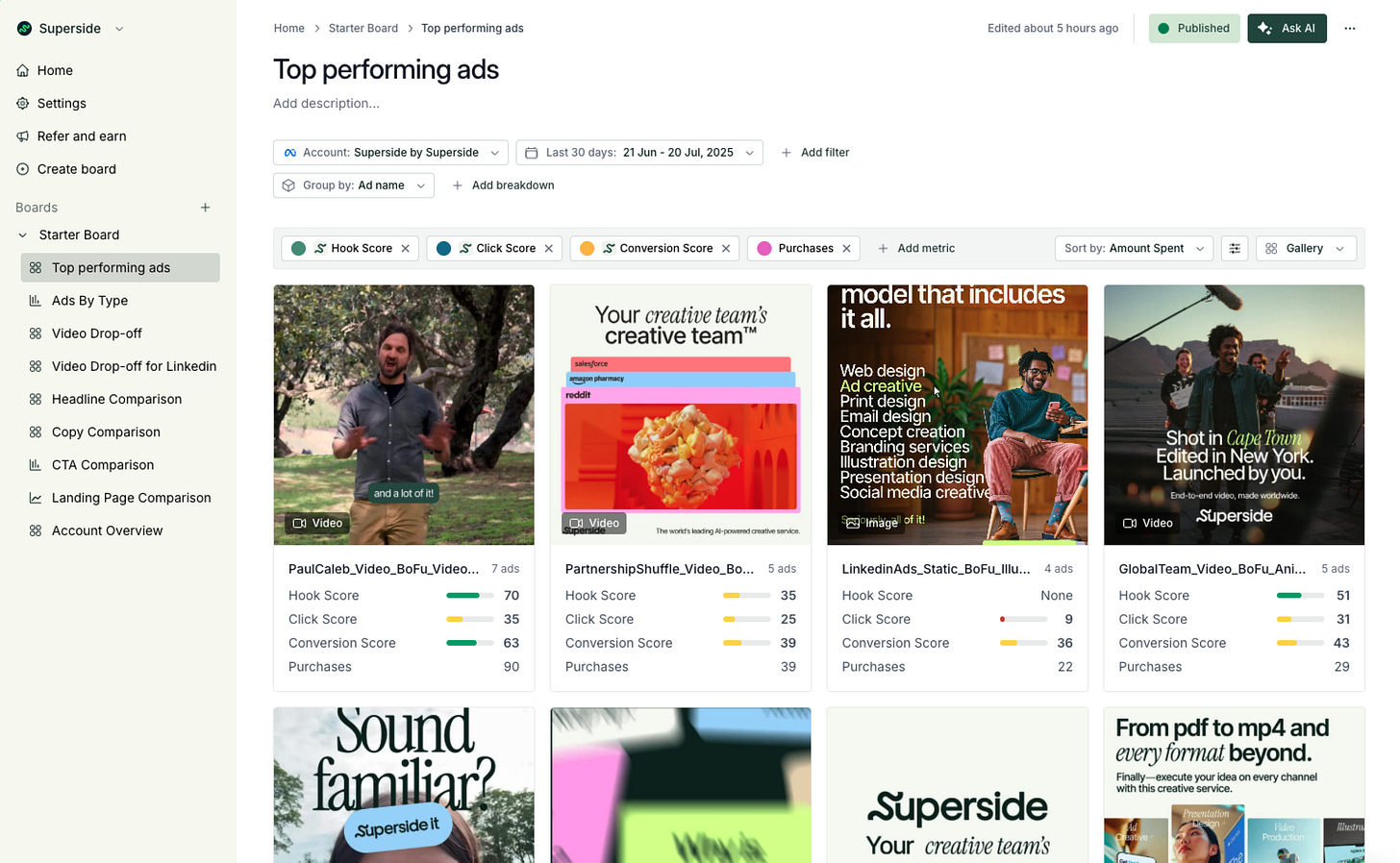
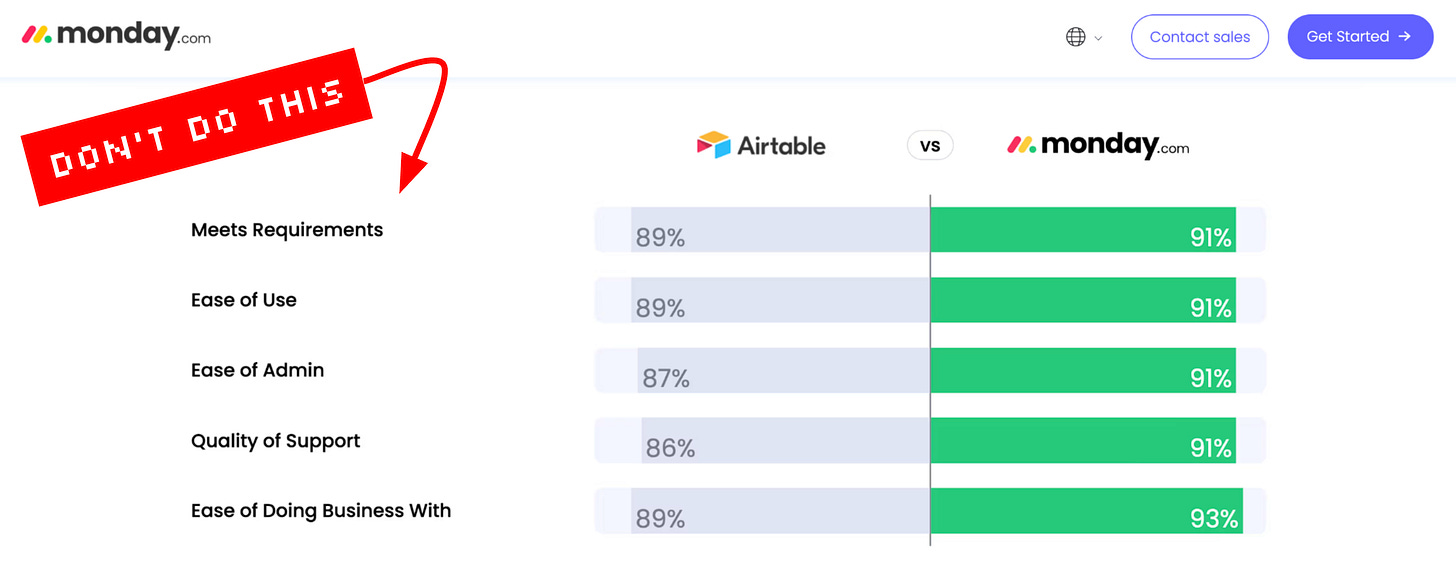
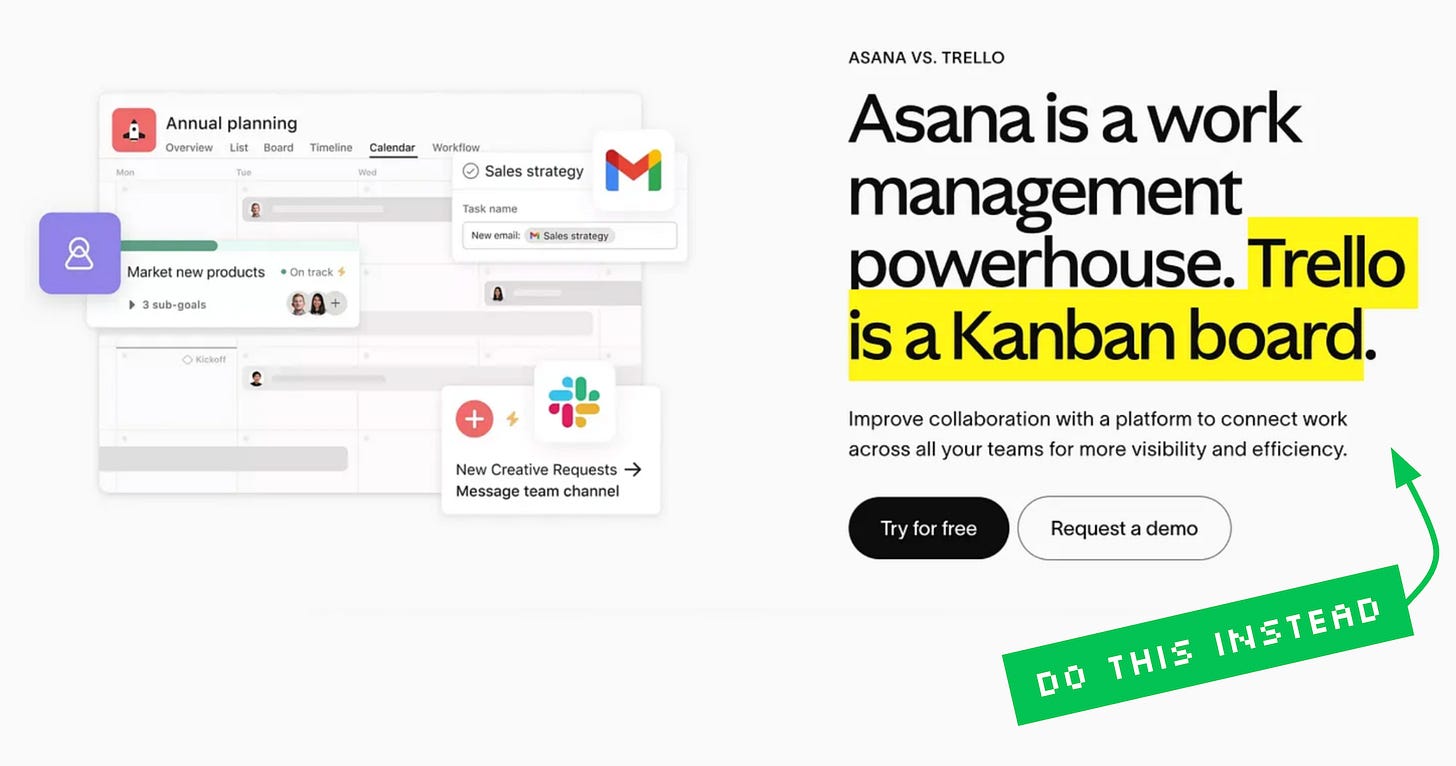
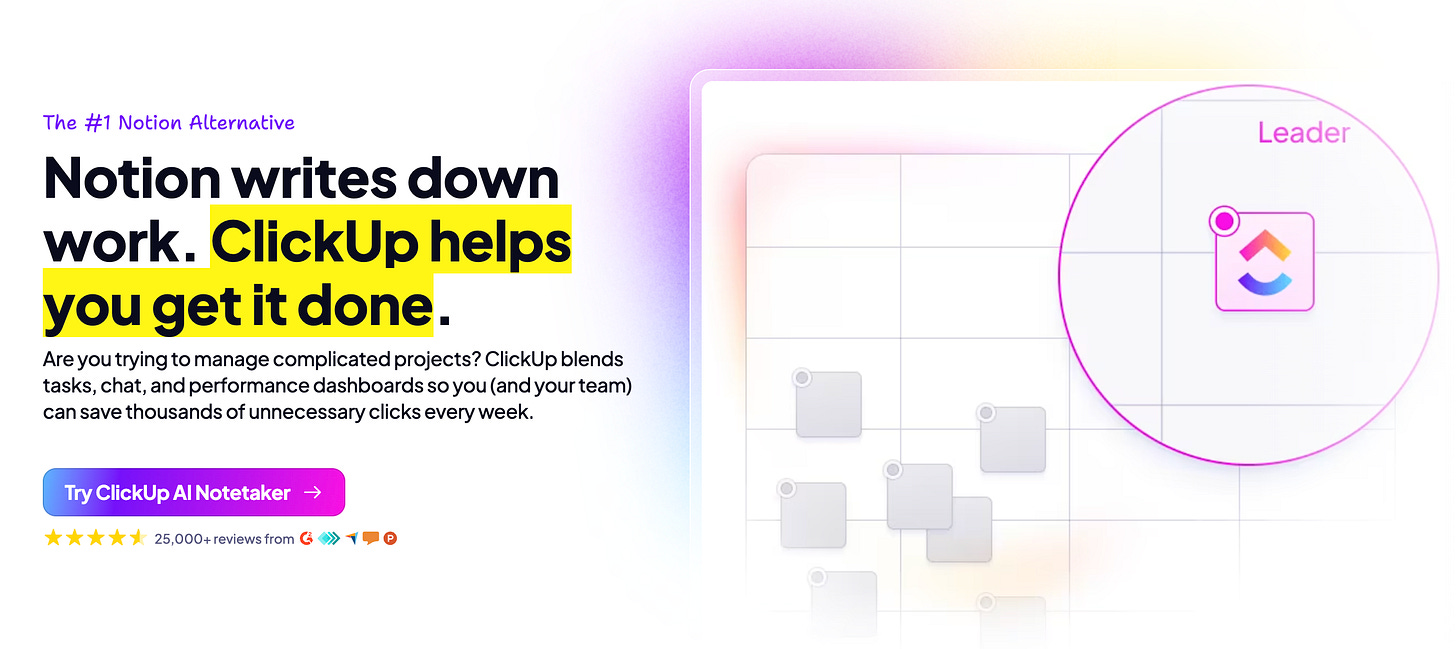
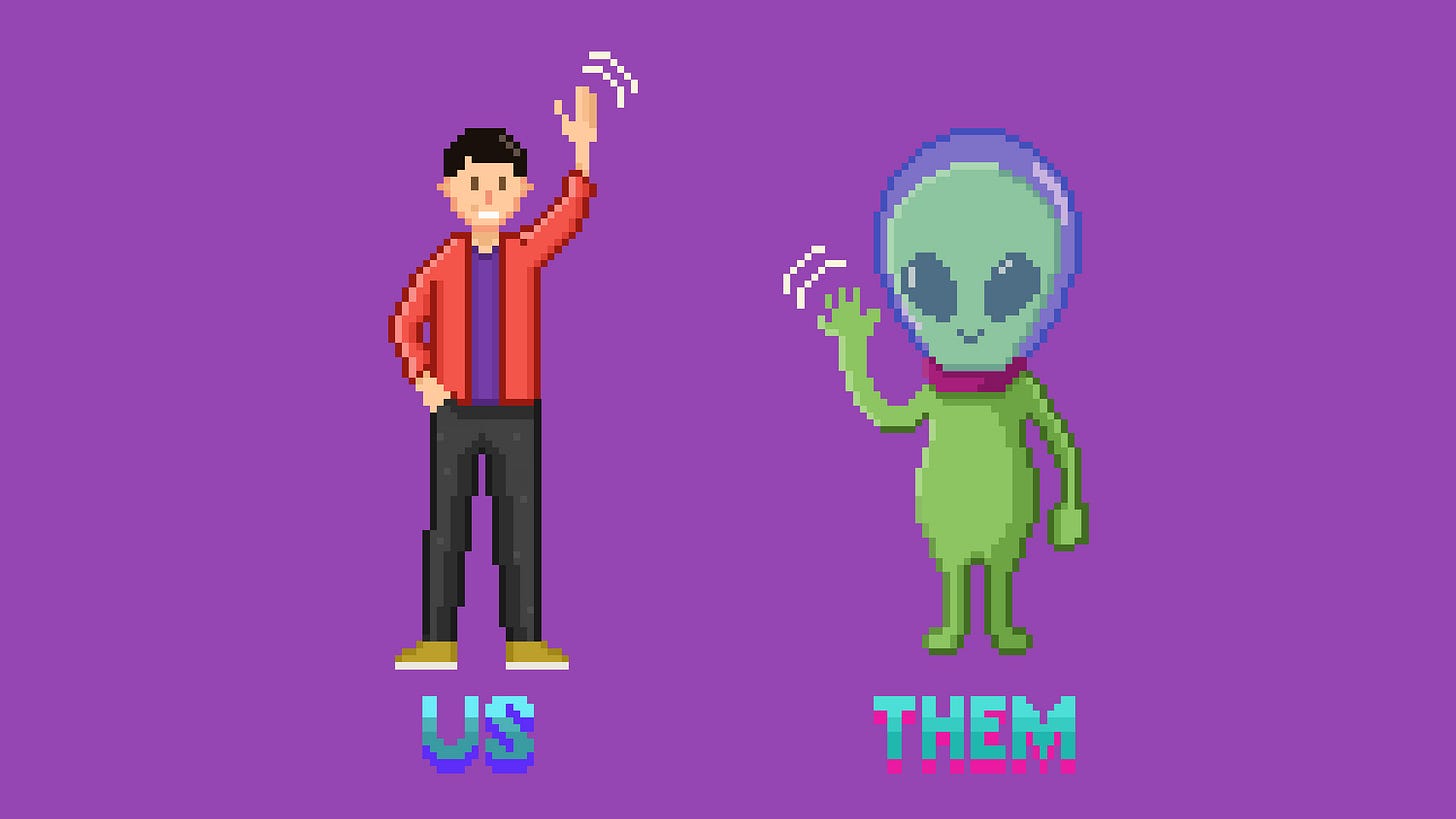
Smart! Love this article. ❤️
Nice. 😆